It’s now just over a month since car dealerships in England were allowed to reopen, and while it’s too early to draw definitive conclusions, sales patterns are starting to appear. Here we investigate the most pertinent trends emerging in the car industry’s new normal.
Are dealers selling cars?
Emphatically, yes – although the used and nearly new car market is in far ruder health than the new car market, boosted by stock being immediately available rather than at the end of an indeterminable waiting list, subject to factories reopening and the speed at which they can build cars while observing social distancing protocols.
Already, though, it’s fair to say that opening dealerships was a catalyst in shifting fortunes for the car industry from rock bottom, with many of the big retail groups reporting sales activity that was up, year on year, throughout the month.
However, there are ongoing concerns regarding the pace at which new car registrations are picking up – a process that inevitably takes time due to stock limitations and lead times – and over how long the pent-up demand will last.
At present, data from our sibling website whatcar.com – which is polling more than 6000 would-be buyers every week – suggests there is a pipeline of interest that stretches well beyond this autumn.
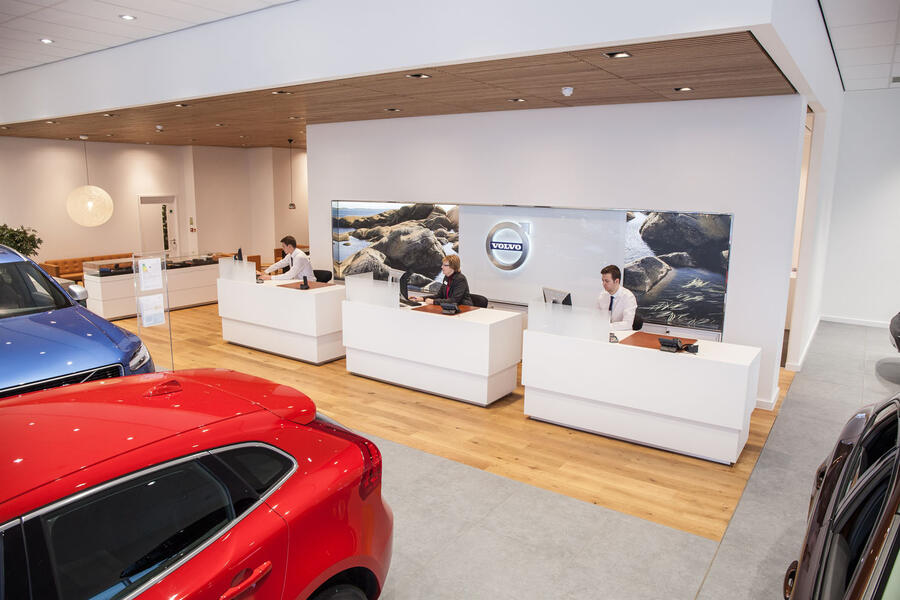
Are new car discounts rising?
There is still no consistent picture of what is happening to new car discounting post-lockdown – largely because the aforementioned pent-up demand is ongoing, and we will only see the whites of the eyes of manufacturers and retailers when demand slumps.
What Car?’s Target Price data – which reflects the price its mystery shoppers can achieve as a fair price across the country – has highlighted some manufacturers that have increased discounts since the end of lockdown, but few by much.
The top 12, in descending order, are Volvo, Volkswagen, Mercedes, Skoda, Mazda, Jaguar, Renault, Vauxhall, Hyundai, Peugeot, Citroën and Mitsubishi, with percentage increases ranging from double digits to less than 1% across the range of that list. Others, in contrast, are standing firm, largely looking to maximise profits from what stock they can get their hands on.
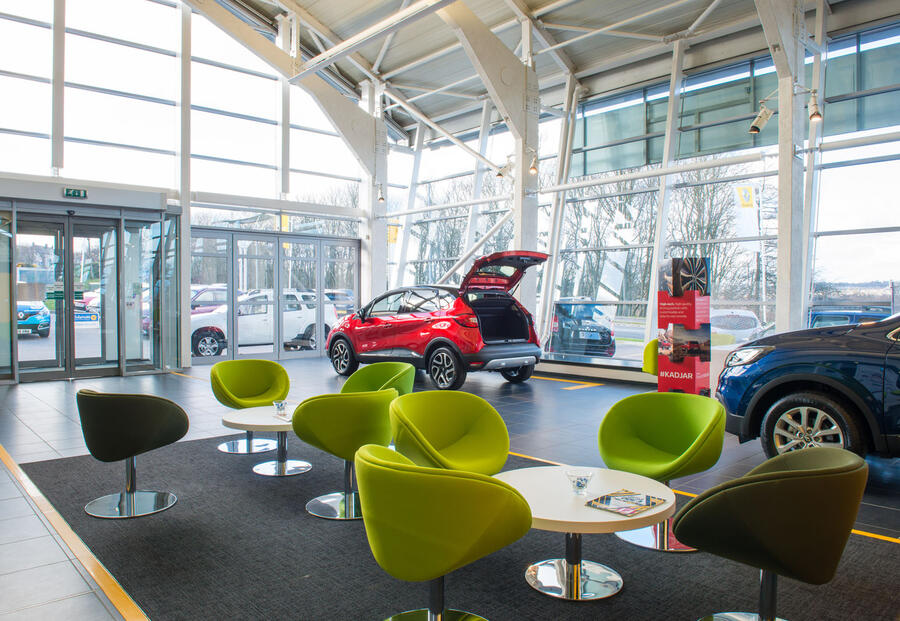

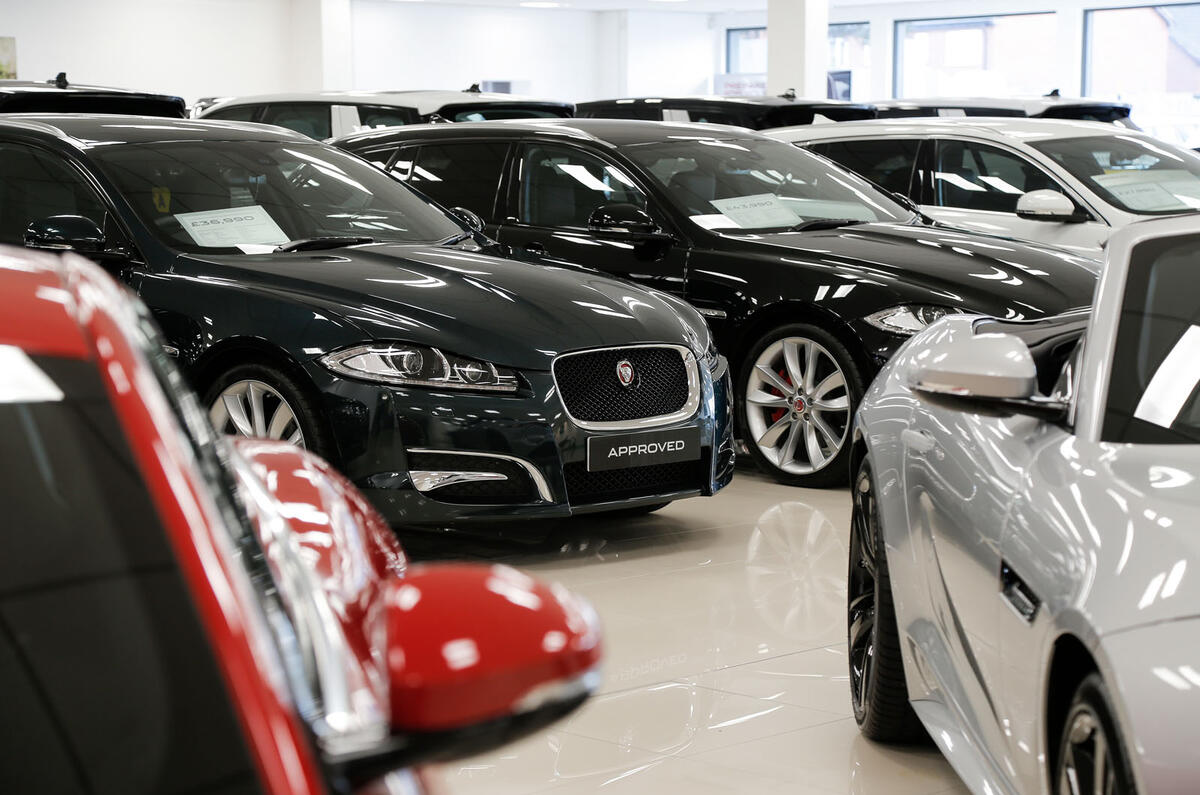
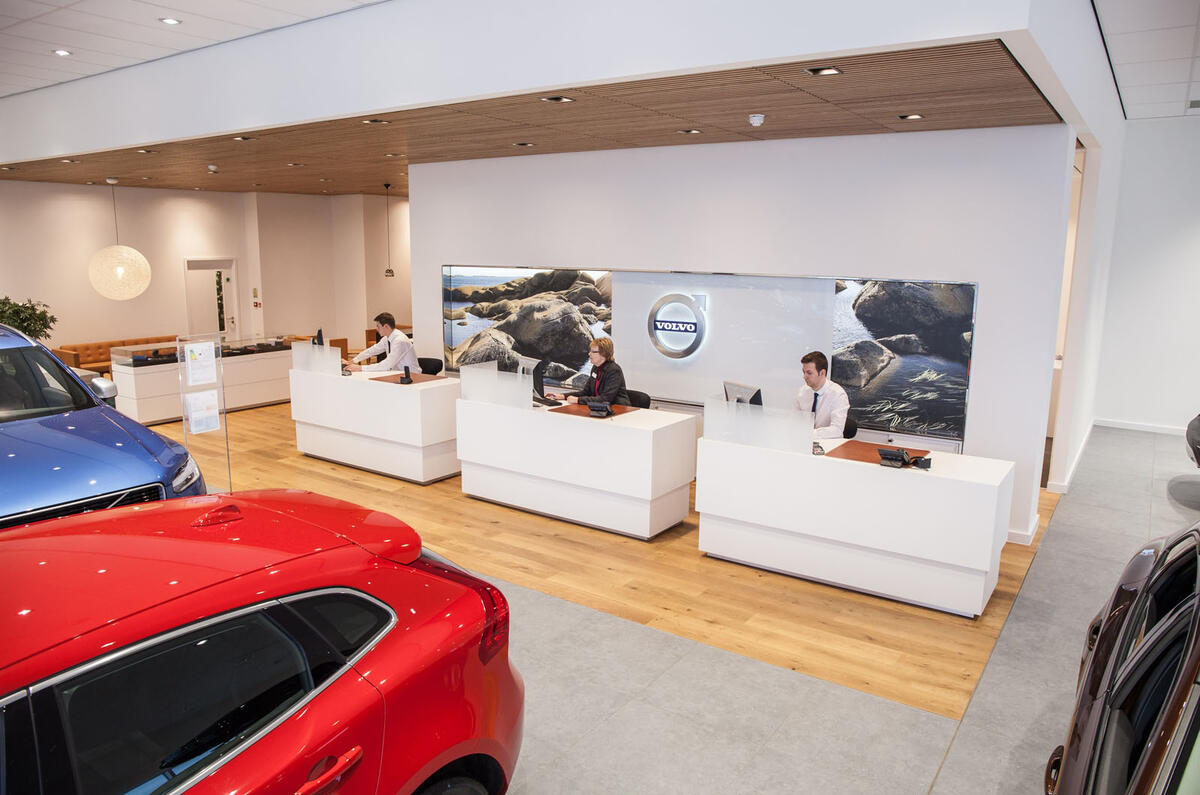
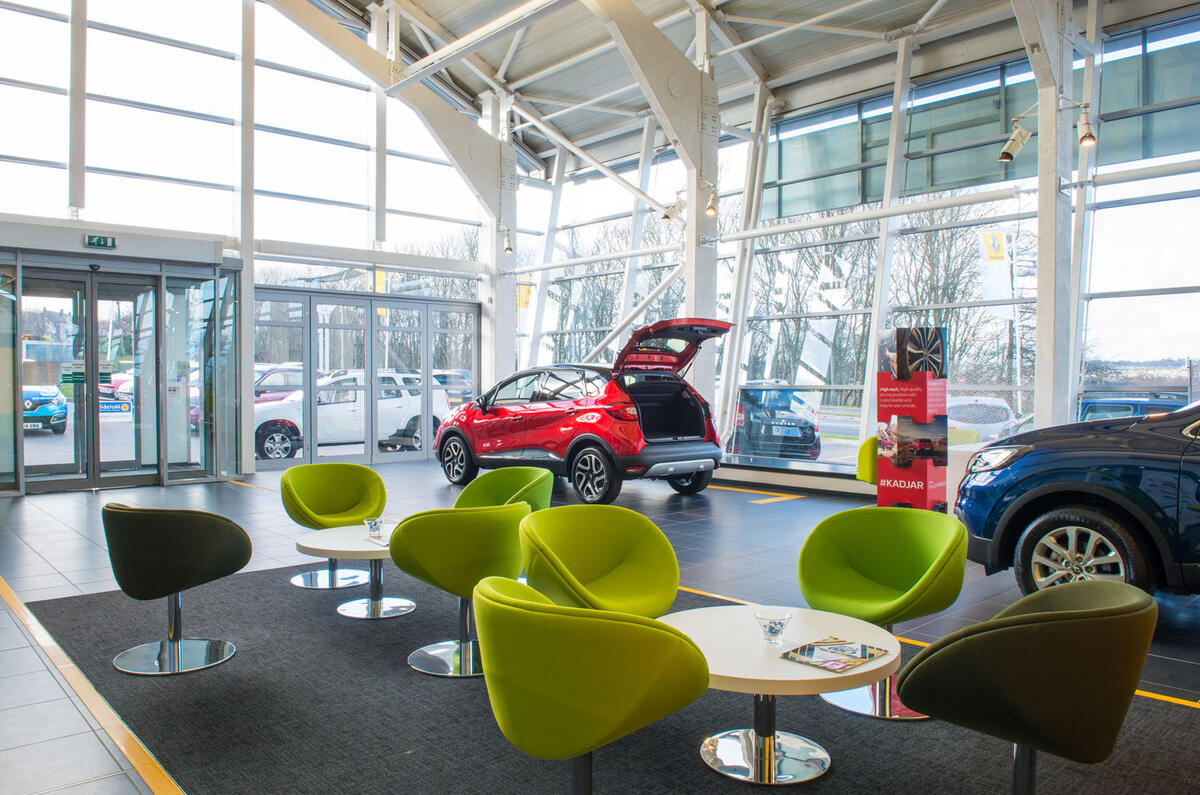
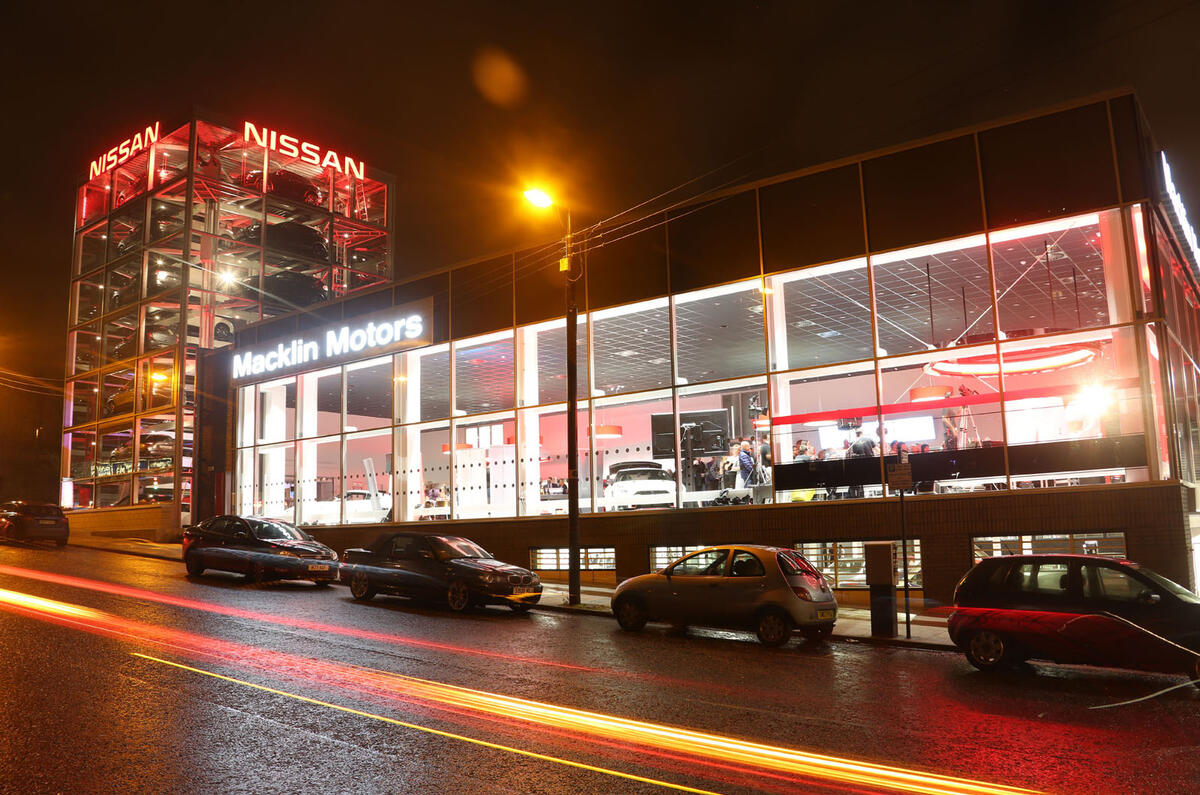
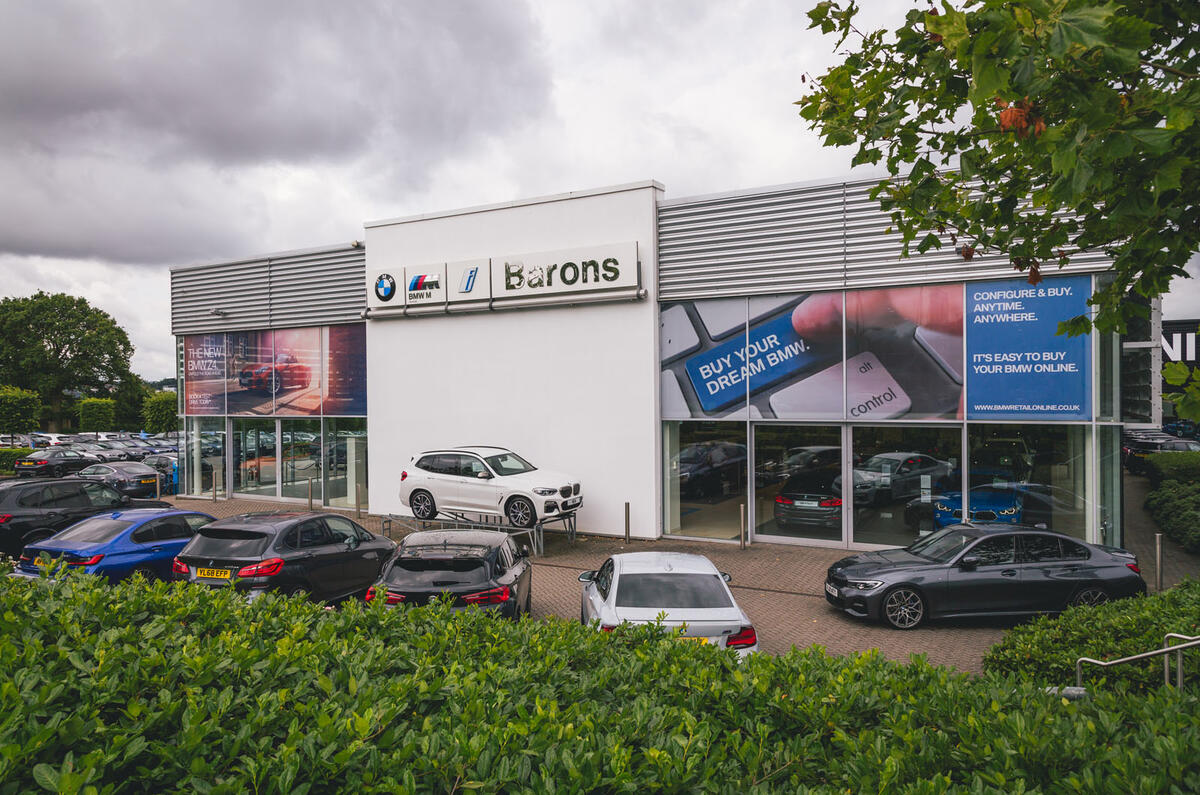
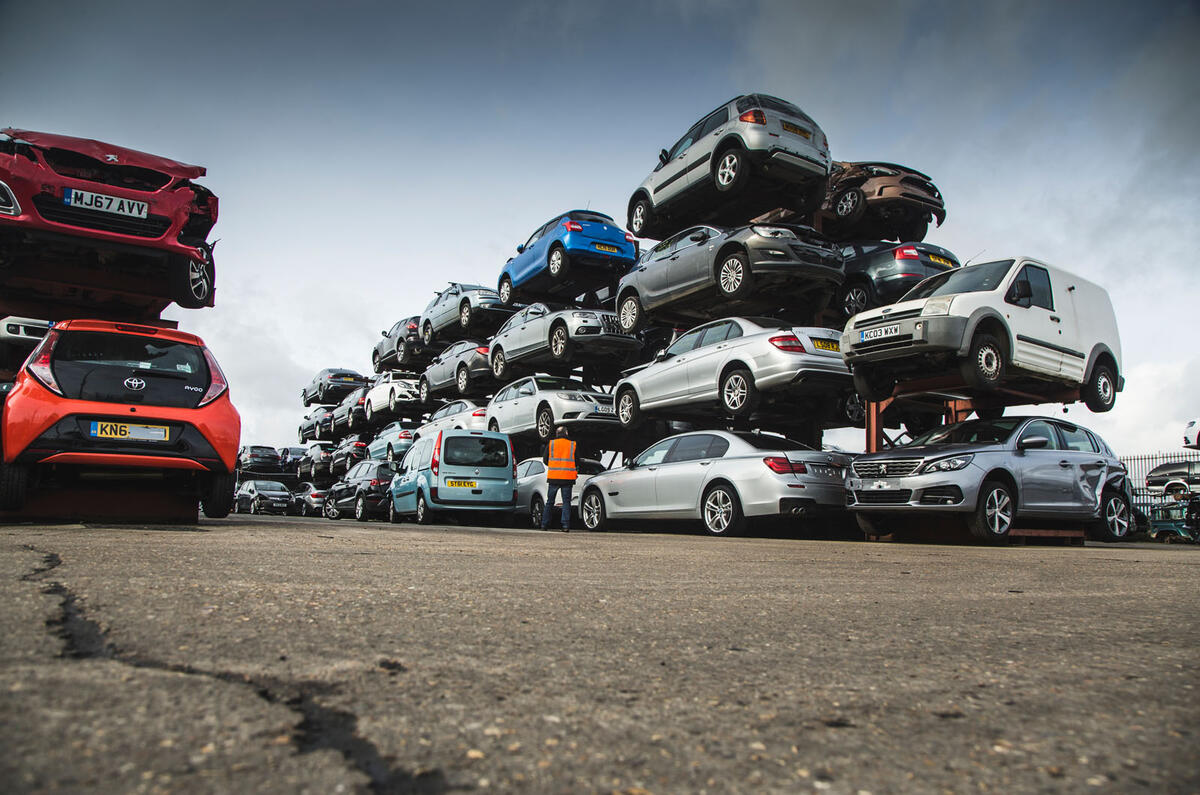


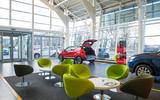


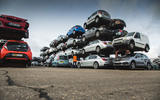

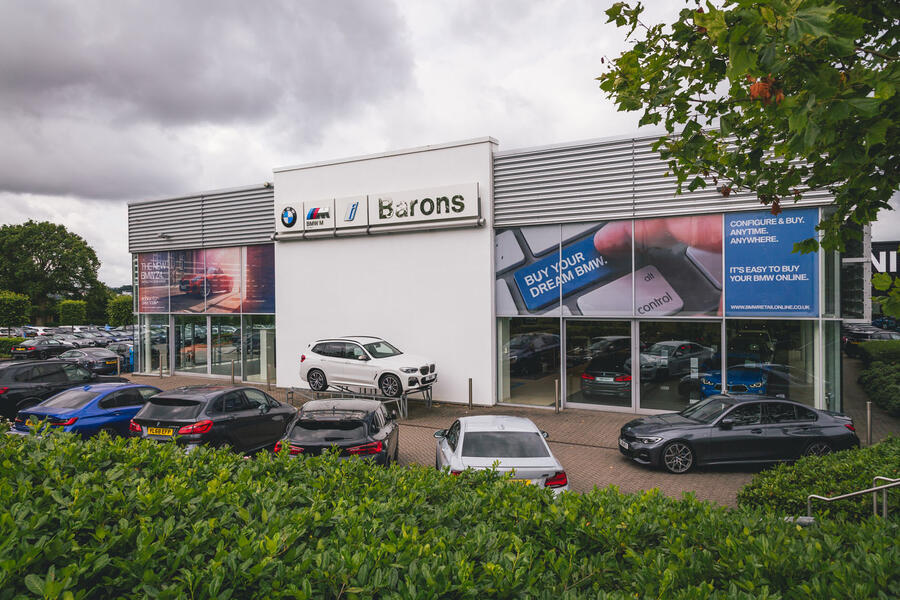
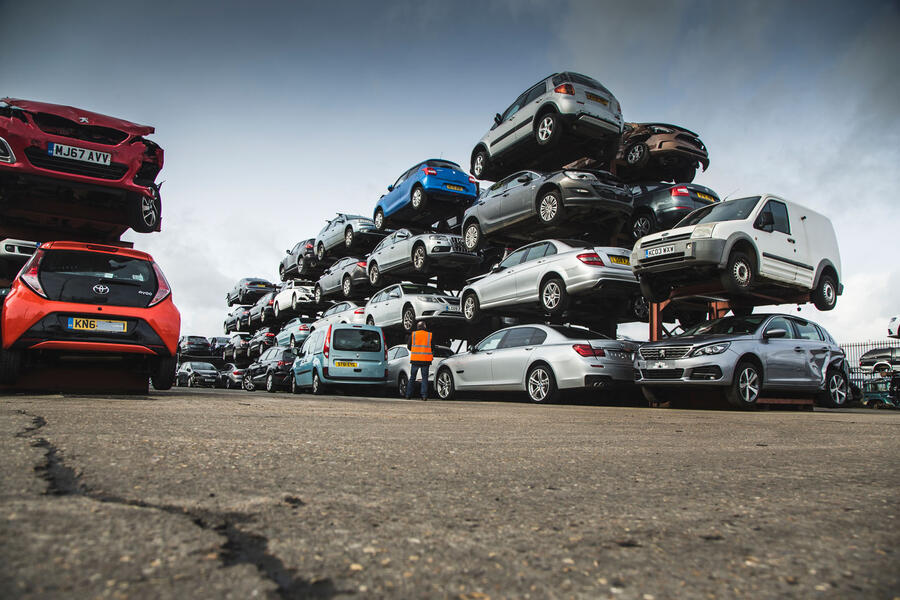

Join the debate
Add your comment
This article proves quite
This article proves quite nicely that if any sector needs additional taxpayer help the automotive one is a long way from the top of the list. If they can't produce them quickly enough to meet demand that's not a bad position to be in.
New cars are seemingly selling quickly
...but only from stock. I was contacted by my VW dealer 3 weeks ago as I had a Golf that was into the final year of a PCP deal suggesting we have a discussion about changing it ealry (using the current VW Event promotion). Went in and ended up walking out with a new Golf 8. The salesperson was saying that since they reopened the flood of equiries has been unlike anything she has experiened in 22 years of working for the dealership. Issue they have is that they can only really sell new cars that are already built. Placing a factory order is a step into the unknown whne it comes to delivery times. She thinks they are likely to run out of available new cars by August. They are also very short of good secondhand cars as they have had no part exchanges and the auction houses have also been closed.
Her experience was backed up by a friend of mine looking to buy an M4 Competition. Went to see one at a dealer and expressed an interest only to get a call when he got home to say it had been sold and another in group stock had also gone.
Par tof the issue at the moment is that there a lot of cars that either came to the end of their PCP or Lease term in the March to June timeframe and these all need to be replaced so there i a lot of pet up demand int he system. What will happen towards the end of the year may of course be a differet story
The new car market was
The new car market was generally in slow decline before Covid19. I don't see that changing after it, particularly with the predicted unemployment levels.
There are always millions of used cars lying round on dealers forecourts and online, with lots of life left in them, so why buy new.
Still, Autocar doing its best to promote its sponsors, as always.